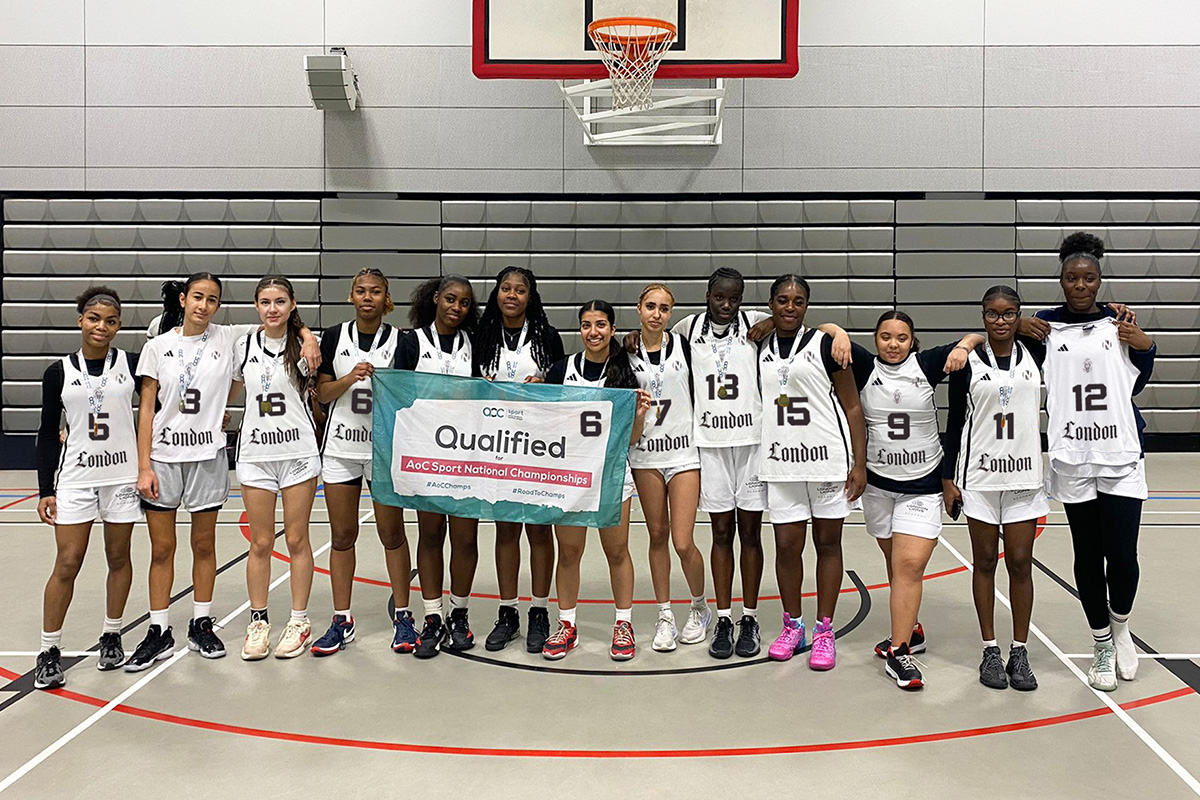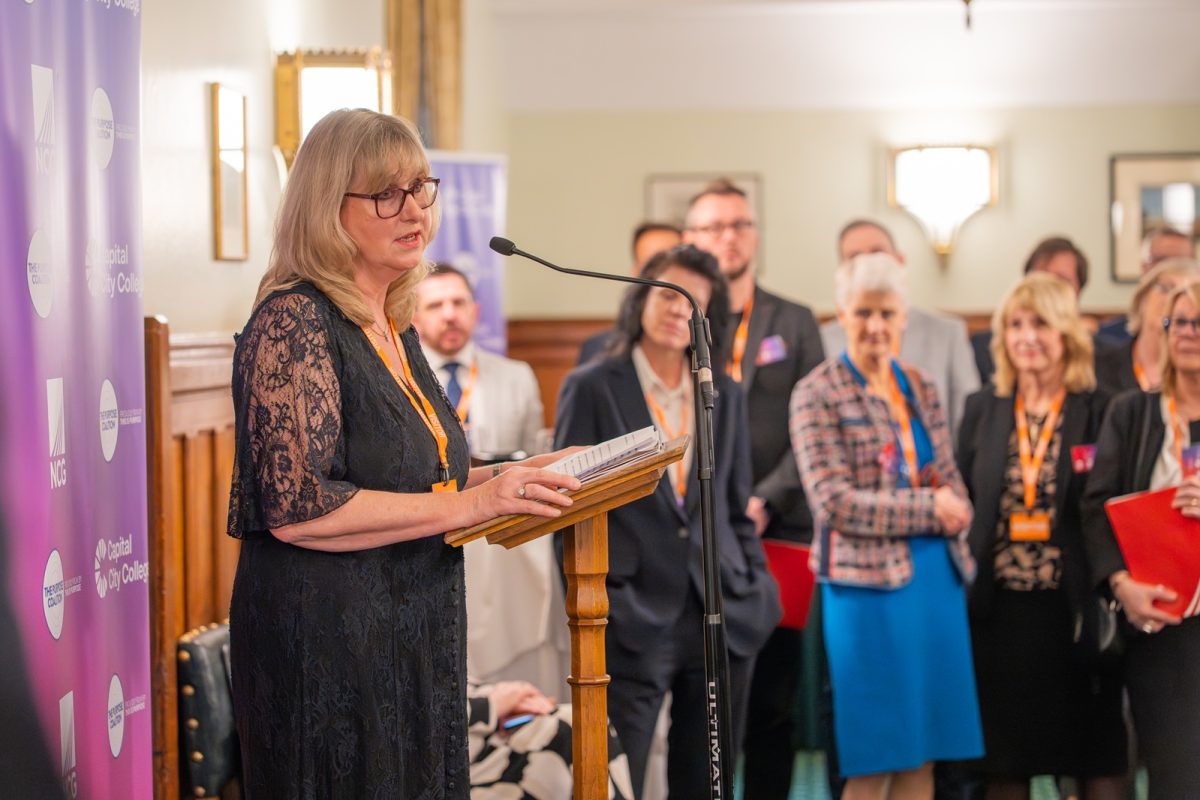Unconditional offers made to a third of young applicants in England, Northern Ireland, and Wales

UCAS’ 2018 End of Cycle Report shows 87,540 university applicants who are yet to complete their qualifications at school or college, have received an offer that could be considered unconditional. This represents 34.4 per cent of 18 year old applicants from England, Northern Ireland, and Wales, and continues an annual upward trend that began in 2013.
For the first time, UCAS has analysed ‘conditional unconditional’ offers, alongside standard unconditional offers. These are offers which are initially made by the university as conditional, then updated to unconditional if the offer is accepted as the student’s first (firm) choice.
Over 70 per cent of students had a positive opinion of unconditional offers when surveyed by UCAS. Most students (over 60 per cent) said that receiving an unconditional offer had an impact on where they ultimately chose to study.
Unconditional offers are made by universities and colleges that are satisfied applicants have demonstrated sufficient ability and potential to succeed on their chosen course. This may include consideration of exam results, and outcomes from interviews or auditions. For example, 18 per cent of offers made to applicants for creative arts courses are unconditional, where more emphasis could be placed on a strong portfolio.
Unconditional offers are also made to support widening participation, and to address the health and wellbeing needs of some students. Many students responding to UCAS’ survey reported a reduction in stress knowing they had a confirmed place.
The report also reconfirms research published in 2016 which shows that students’ A level attainment is affected if they’ve accepted an unconditional offer. While most applicants, regardless of the type of offer they hold, miss out on their teacher’s A level predictions by two or more grades, 67 per cent of those holding unconditional offers fell into this category, compared to 56 per cent holding a conditional offer in 2018.
UCAS has worked with a variety of universities and colleges to produce a series of good practice guides to support admissions teams when making unconditional offers.
Clare Marchant, UCAS’ Chief Executive, said:
‘It’s clear that the use of unconditional offers is not a binary issue. They’re used in a variety of ways to enable students to progress onto undergraduate courses, and while students are broadly supportive of them, the link with their A level attainment can’t be ignored.
‘The analysis needs to continue though, and many universities and colleges are already tracking the progress of students admitted with unconditional offers. I encourage this evidence to be shared, enabling nuanced debate for the benefit of students, their teachers, and universities.’
In total, 533,360 people were accepted onto an undergraduate course in the 2018 cycle, just 525 fewer than last year.
A record 33 per cent of the 18 year old population in the UK were accepted, an increase of 0.4 percentage points on 2017. 459,285 UK students (of all ages) were accepted, a 0.8 per cent fall on 2017, despite the overall number of 18 year olds in the UK population falling by 2.5 per cent.
International acceptances reached record highs, with the number of students placed from the European Union increasing by 3.8 per cent to 31,855, and non-EU acceptances reaching 42,220, up 4.9 per cent.
Universities and colleges made a total of just over 1.9 million offers, with 92 per cent of applicants receiving an offer – proportionally more than at any other point in the last decade.
The report shows that more than a third of all 18-year-olds applying to university this year were handed an unconditional offer. It says this is an increase from just 2% in 2013 and that the key risk is that unconditional offers distract the pupils that receive them from their studies, resulting in their grades dropping.
DfE have said they expect universities to be responsible in the way that they use unconditional offers, and that it is essential that they are only issued where appropriate; so that students can properly weigh-up the decisions they make regarding their chosen course of study and preferred university.
 Education Secretary Damian Hinds said:
Education Secretary Damian Hinds said:
Unconditional offers have long played a legitimate role, for example in ‘portfolio’ subjects such as Fine Art. But this very steep rise in their use across a much wider range of subjects is disturbing. This report shows that many students could be distracted from the final year of their schooling, and achieve A Level grades lower than they are capable of. These are effects that we know can have a significant impact on their career.
The systematic use of unconditional offers is not in the interest of students and they should not be used just to get people through the door. I expect universities to use them responsibly and where institutions cannot justify the rising numbers being offered I have made clear to the Office for Students that they should use the full range of powers at their disposal to take action.











Responses